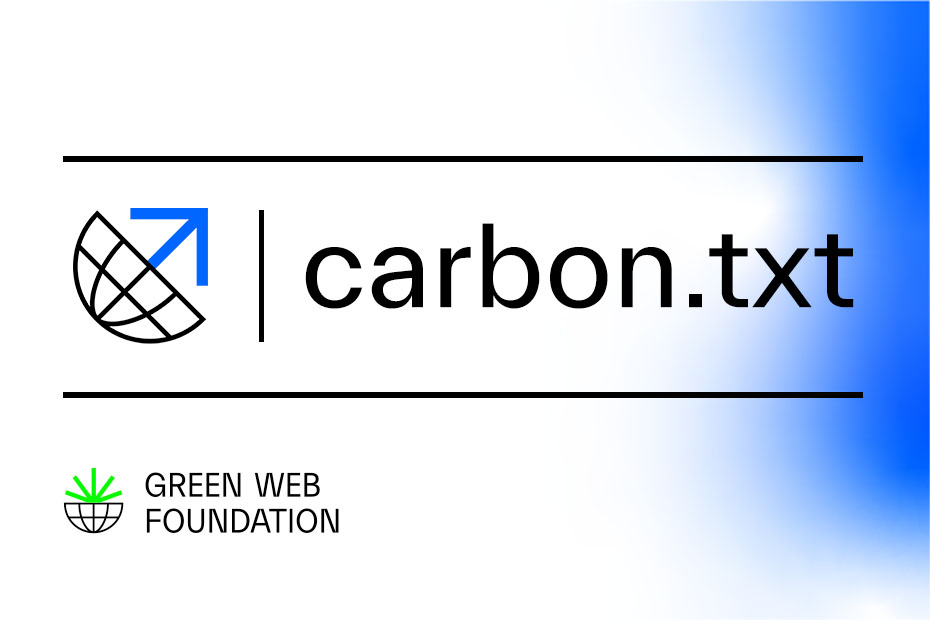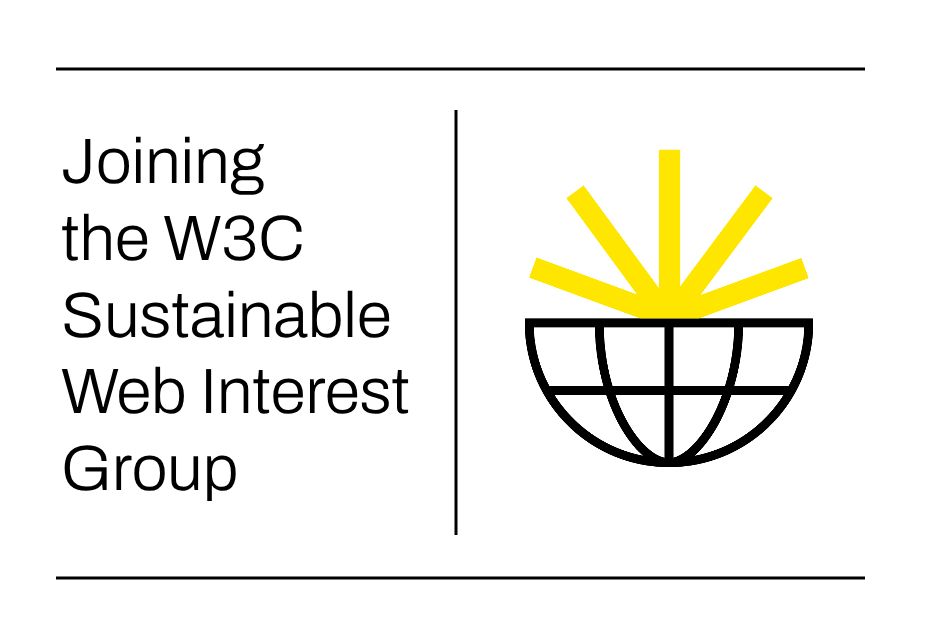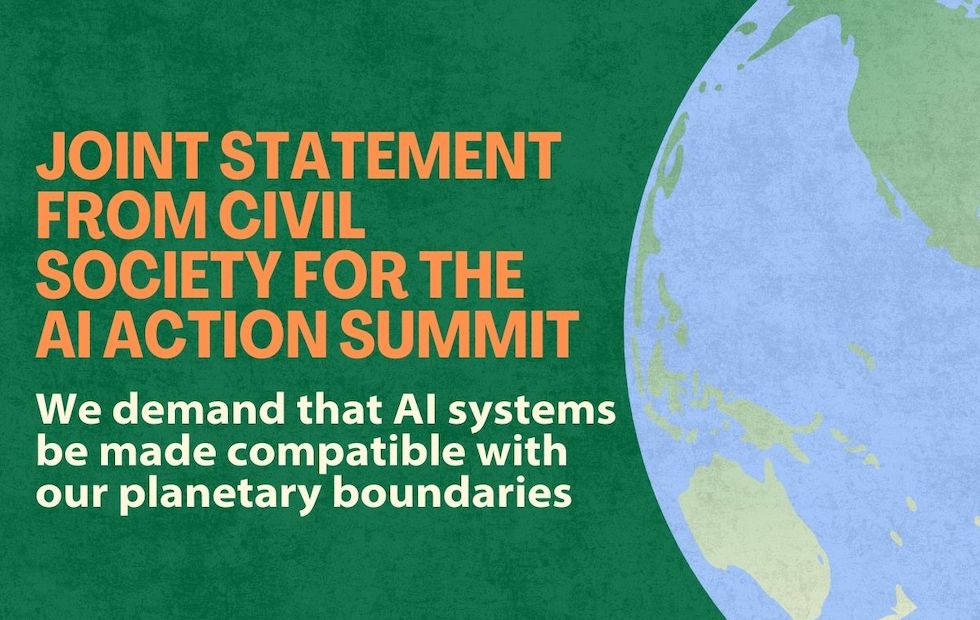We’re excited to get to work on our recently funded project by the European Commission’s Next Generation Internet Search Initiative to address the lack of transparency/discoverability of environmental sustainability data.
We think we have some good ideas on how to create a burgeoning data eco-system to solve this problem building on our carbon.txt prototype.
For this project’s first stage, running until 30th Sept 2024, we’re looking for expertise on the EU’s CSRD sustainability regulations and how they will be adopted in practice.
What help do we need?
We’re looking to arrange 45 minute online interviews with people in the following types of roles:
- Regulators and policymakers responsible for making sure the new laws – primarily CSRD – are followed
- Staff in companies with responsibility for complying with CSRD legislation
- Advisors to firms affected by legislation and reporting against the CSRD
- Specialists familiar with the rules for ESRS E1 – “Climate Change”
- Civil society consumers of data published by the CSRD
Our focus is primarily on Germany and France. These are the largest economies in the EU where the relevant legislation is arguably further along with being written into national law. So, we’re especially interested in speaking to people working in those countries. But of course we welcome conversations with those working in other countries affected by CSRD too.
If this sounds up your street, and you’re able to set aside time for a confidential interview before the end of Sept, please express interest via this google form.
Alternatively, if you have contacts/networks in this domain we’d be grateful for any help you can give us to spread the word. Please direct people to this webpage. Thanks, it all helps!
What to expect from an interview with us
You will be interviewed by our Executive Director, Chris Adams, for approximately 45 minutes via an online video conferencing platform. The interview will be recorded and transcribed, and always treated with the strictest of confidentiality.
We will share an outline of the topics to be discussed in advance, and you’ll have the opportunity to ask questions ahead of, during and after the interview.
Those who agree to be interviewed will receive 150 EUR as compensation for their time. Where this is not possible or not permitted, participants can opt for us to make a donation to a sustainability charity of their choice for the same amount.
What will happen to the results of the research study?
The findings of this research will help inform the technical development of the carbon.txt convention, and the software libraries we build and maintain to support use of carbon.txt standards.
Additionally, they could be incorporated into presentations for events relevant to the scope of this research project. No identifying data will be published without your explicit consent.
More about the carbon.txt project
Carbon.txt is our open-source project to make sustainability information easier to discover and use.
Through carbon.txt we propose a spec that defines a consistent place on any website to publish sustainability data so that both humans and machines can find it.
Our aim is that a carbon.txt file becomes a widely known place to look on any website domain for public sustainability data relating to that company.
For example, a user could visit domain.com/carbon.txt to find sustainability data about that company.
We see an entire ecosystem growing around all this newly discoverable, structured data and also now mandated to be in the public domain. At present, where there are new laws mandating disclosure, they are focussed around disclosing to a centralised portal. Or in some cases, a database that is yet to be specified, let alone built. We think it’s possible to move faster and make disclosure more transparent than it would be with just a single centralised database. And we think carbon.txt is a potential answer.
This project stems from our work with Wikirate to understand how much of the internet was covered by credible net zero targets. We found that discovery of sustainability data is a real problem and that without new, webby approaches, sustainability data will continue to be hard to find or out of date.
We tell the full story of that project and what we discovered in Introducing carbon.txt – Applying lessons from crowdsourcing net zero data.
If you find this interesting anyway we’ll be posting updates as we go. You can follow along on our blog, on LinkedIn, or join our newsletter.
More about Green Web Foundation
We’re a non-profit organisation working towards a fossil-free internet by 2030. We maintain the world’s largest open dataset of websites that run on green energy. We offer open source tools to manage the environmental impact of digital services. And we support movement leaders and policymakers to effectively frame the conversation and advocate for a sustainable and just internet.
More about us.


